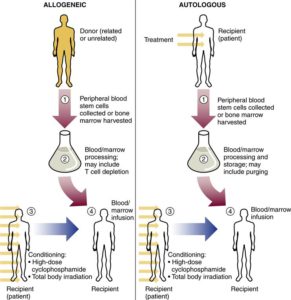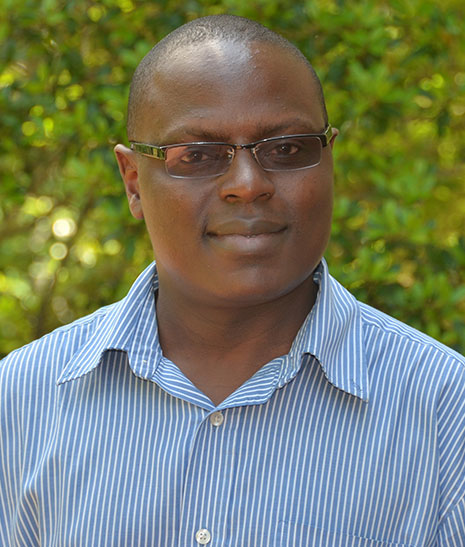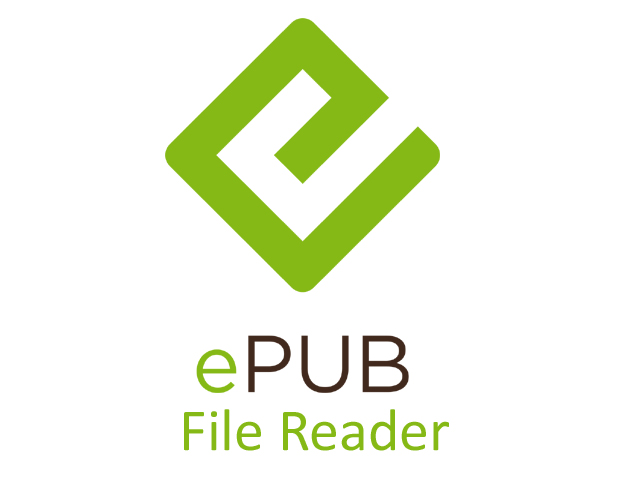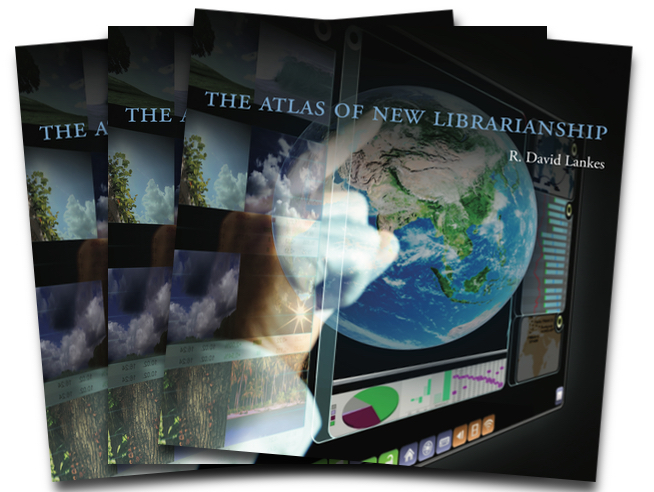So I’ve got good news, and well, let’s pretend it’s good news, but it is going to mean some big changes for me in the coming year.
tl;dr version:
- Chemotherapy is doing its job, but it is not enough to eliminate the underlying cancer.
- This fall I will be starting an allogeneic stem cell transplant, a year-long process.
- I am stepping back to the faculty for the year and Dick Kawooya will be interim director of SLIS.
- The building of the global knowledge school continues.
- Working with conference organizers, we have a plan for my fall keynote commitments.
- I’m rearranging my social media presence.
- There are ways you can help.
Thank you all for your concern and offers of assistance as I’m going through chemotherapy. The good news is that chemo is doing its job and killing the cancer. My most recent PET scan was clean. However, over the past few weeks the consensus of my doctors is the chemo alone will not eliminate the underlying cancer. In essence, chemo will push it back, but in a matter of months or possibly years the cancer will come back and most likely in a more resistant form – plus I’ll be older and have sustained the ongoing damage of chemotherapy.

To truly give me a chance for a cure and long-term remission, I need to get an allogeneic (donor) stem cell transplant. This is an intensive process that involves me living within 20 minutes of the transplant clinic at Duke for at least 3 months, followed up with at least 3-9 more months of semi-isolation until my immune system is strong enough for the public.
For those playing our home game, this will be my second stem cell transplant. The difference is that years ago my transplant to get rid of my Hodgkin’s Lymphoma was autogenetic, i.e., I was my own cell donor. Well, apparently, I was a lousy source since my immune system keeps misbehaving, so it’s time for a new one.
This time, I’ll be getting someone else’s immune system. The bad news is that the normal sources of donors, siblings and the bone marrow registry, don’t have a match (I didn’t match the 19 million people in the registry – I am indeed a unique snowflake). Instead, I’ll be using a 50% match – my son. That’s right, my son is going to save my life. I fear this will lead to awkward holidays where he holds it over me to get extra gravy. On the other hand, at least my blood will be 50% Italian by the end of the year.
Stem cell transplants are intensive processes and they come with plenty of risk. The same benefits of a transplant (fighting cancer cells that my new immune system will see as foreign pathogens) can turn into big problems (seeing my entire body as a foreign invader called graft vs host disease). These risks are only amplified by the fact that this is my second transplant. Given the reality of transplant, I am stepping back as director of the School of Library and Information Science at the University of South Carolina and returning to the faculty for the year.

SLIS has made too much progress and is making too many gains for a part time director. Dr. Dick Kawooya has agreed to serve as interim director for the year to continue the progress the faculty, students, staff, and alums have made. I will continue to push forward the agenda of the global knowledge school as a professor in my bubble. Special thanks to Dean Tom Reichert and the university for being so supportive during this whole thing.
Which brings me to some upcoming changes. I’ve been working with the conference organizers of my fall keynotes. Some will seek another speaker, but several have agreed to go with video keynotes. This has the advantage of giving organizers a chance to get my remarks translated for the audience. I still want to be out there pushing forward an agenda of librarianship grounded in knowledge and built around the community. While I may not be able to be there in person, I will connect online as I am able.
Speaking of online, I am making some changes to my online presence; particularly Facebook. Every day I get friend requests from librarians and allies around the globe. It is a diversity I truly cherish. However, Facebook is also the place I use to keep up to date with friends and family, and this will increasingly include more and more personal information. To keep my Facebook connections with the library community, I’ve created a public Facebook page at https://www.facebook.com/rdavidlankes/
Much of the content on my personal profile and this page will be the same. However, on the public page I will focus more on library and information science stuff, and a bit less on family photos (though some of those will end up here as well). If you are interested in the work I do, please connect at this page.
In the coming weeks I’ll begin to prune back the connections on my private page. Please don’t be insulted if I unfriend you…it is more a matter of keeping one site for my work and one for those whom I have a personal connection. My public site will also have updates on my treatment.
In closing, everyone has been amazingly generous in asking how they can help. Please please please sign up as a donor at bethematch.org as a potential donor. It is easy to sign up (a cheek swab), and donating stem cells is about as tough as donating blood. And donors that don’t look like me (middle aged white guys) are particularly needed. Your donation won’t save me, but it can save a life!
Please give blood if you are able. Every pint saves lives and one of those may well be mine.
If you know of a good sublet or housing option in Durham for 3 months let me know.
Lastly, please continue to support colleagues that are dealing with their own medical journeys. Every day I read about librarians bravely facing cancer, many with more grim prospects than my own. I also know of many professionals dealing with invisible ailments, too often stigmatized because of a chemical imbalance in the brain instead of the breast or lymph system.
As professional educators and librarians (the same thing), we seek to serve our communities with compassion and empathy. We must also extend that empathy to ourselves. We may disagree, but we must create a diverse and welcoming environment that supports intense dialogue without creating toxic environments. This isn’t about civility – too often a code word for suppressing dissent. Our conversations should be loud and frank and passionate. This is about staying true to our values of learning and service. Learning – literally changing one’s view of the world – is hard and it can be painful to embrace new understandings at the cost of the old. However, it is our duty not to relieve the labor of learning, but rather the pain associated with the recognition of former ignorance.
Some Resources if You Want to Know More:
https://bethematch.org to put your name on the registry and a great resource on transplants in general
My new Public Facebook Page: https://www.facebook.com/rdavidlankes/
A video on transplants from Duke



